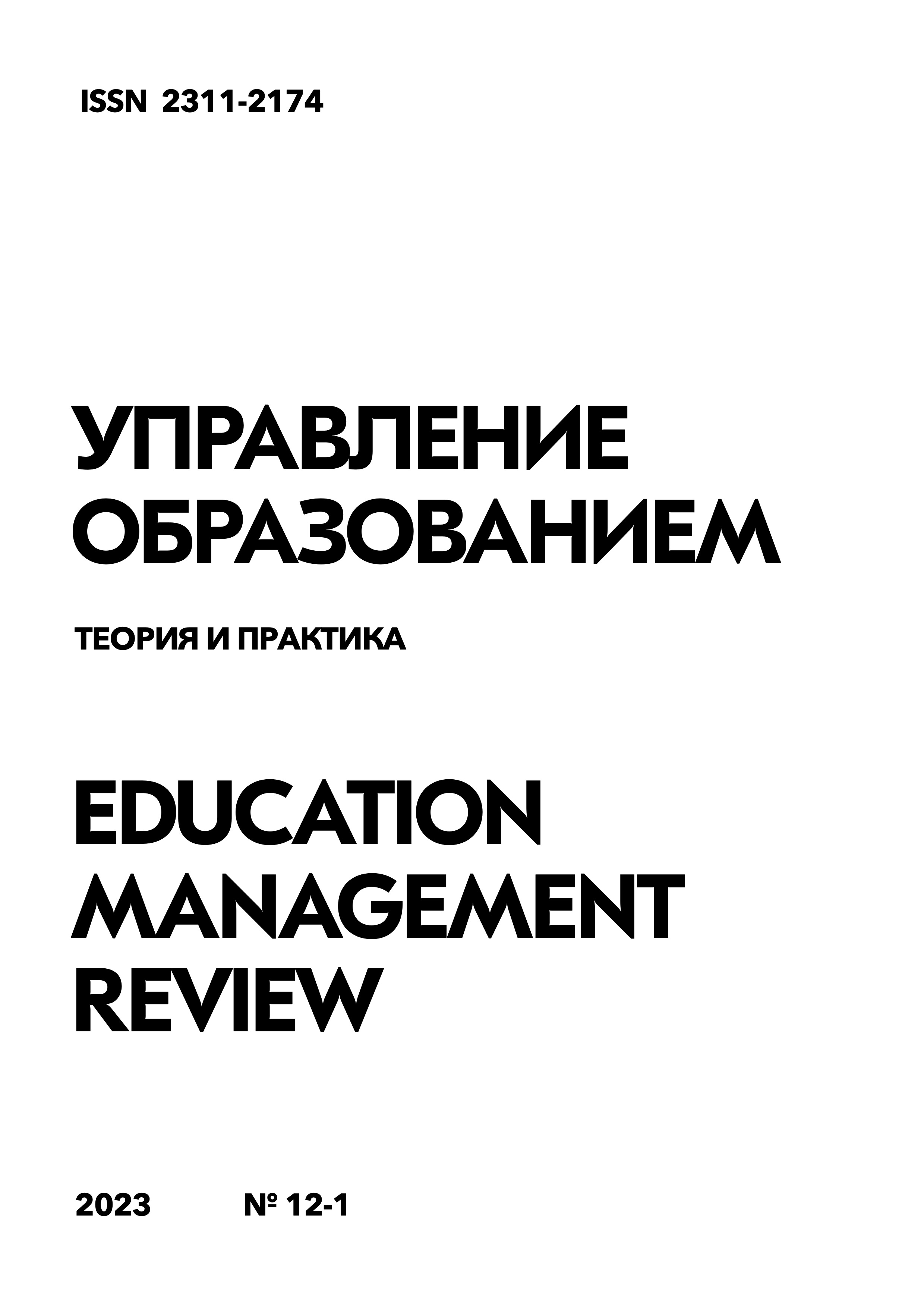The quality of economic and organizational conditions for the implementation of secondary vocational education programs: analysis of the opinions of participants in educational relations
DOI:
https://doi.org/10.25726/q9362-2406-7074-aKeywords:
quality of secondary vocational education, federal state educational standards of secondary vocational education, economic and organizational conditions for the implementation of educational programs of secondary vocational educationAbstract
The research presented in this article is aimed at partially solving the problem of finding a scientific and methodological justification for actions to develop measures that ensure the fulfillment of economic and organizational conditions for the implementation of educational programs of secondary vocational education. The results of testing this software in the Murmansk region are presented. Based on the analyzed and generalized results of testing the developed scientific and methodological support for solutions in ensuring the quality of economic and organizational conditions for the implementation of educational programs of secondary vocational education, it can be concluded that students and parents (legal representatives) of minor students of secondary vocational education are faced with the need for additional expenses for training in vocational educational organizations. At the same time, it is obvious that in the future the content of the concept “mandatory part of the program” in the view of the regional community requires clarification, since the results obtained with a certain degree of confidence suggest that the vision of this concept by the subjects of the educational process differs from the clearly defined one the semantic content of this term in regulatory legal acts. Carrying out educational events on relevant topics, including those aimed at increasing the legal literacy of the population in this area, would help solve this problem.
References
Белоконь О.В. Организация системы мониторинга качества образования в учреждениях среднего профессионального образования // Личностный потенциал субъектов образовательных отношений: Материалы Всероссийской научно-практической конференции с международным участием. Составитель и редактор О.В. Коновалова. Шадринск: Шадринский государственный педагогический университет, 2019. С. 57-63.
Дуран Т.В., Костина Н.Б. Качество среднего профессионального образования в условиях трансформации: институциональный подход к исследованию // Вопросы управления. 2018. № 6(55). С. 257-263.
Михайлова А.В. Оценка качества подготовки выпускников среднего профессиональ-ного образования // Система менеджмента качества: опыт и перспективы. 2019. № 8. С. 98-102.
Платов А.В., Тарчоков С.К. Концепция всеобщего управления качеством как основа управления учреждением среднего профессионального образования // Colloquium-Journal. 2019. № 3- 3(27). С. 46-47.
Черенкова И.А., Кутликова И.В., Кишкинова О.А. Информационные технологии котроля успеваемости и качества знаний обучающихся в учреждениях среднего профессионального образования // Современная наука: актуальные проблемы теории и практики. Серия: Гуманитарные науки. 2021. № 10. С. 122-126. DOI 10.37882/2223-2982.2021.10.36.
Tonkikh A.P., Danilova T.V., Pryadekho A.A. Economic and legal regulation of educational processes in the field of natural sciences and humanities // Journal of Advanced Research in Law and Economics. 2018. Vol. 9, №. 7. Pp. 2454-2461.




